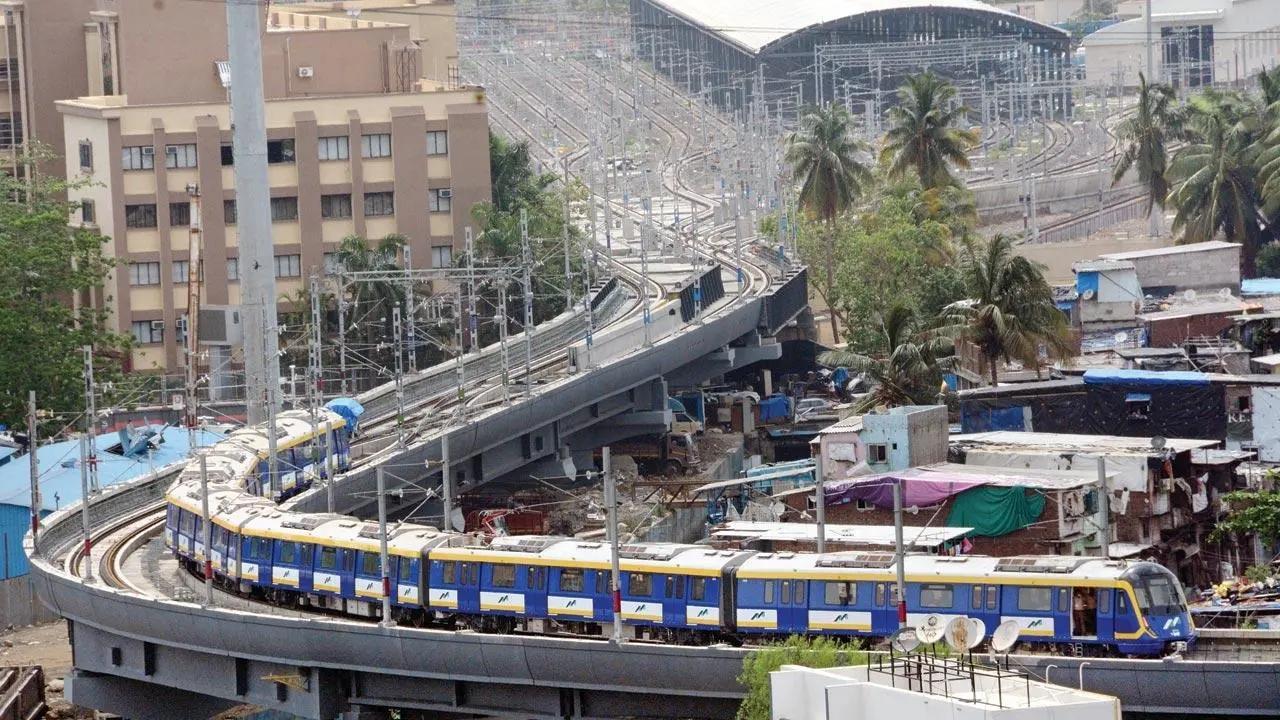With this initiative, MMRDA becomes the first metro agency in the country, and one of the few metro entities globally, to acknowledge the gender-led variances in travel patterns, decision-making and perspectives towards safety

File Photo
The Mumbai Metropolitan Region Development Authority (MMRDA) on Monday released findings from the Gender Inclusive Future Transport (GIFT) project, an initiative supported by the UK government in collaboration with World Resources Institute India (WRI India) which researched the differences in the travel needs of men and women.
ADVERTISEMENT
MMRDA is aiming to increase the number of women employees working in metro operations including station controllers, security staff and ticketing personnel.
Public transit operations and planning around the world are increasingly data-driven and automated. However, there is a growing understanding that ‘gender blind’ data, can inadvertently exclude the needs of women and other groups.
With this initiative, MMRDA becomes the first metro agency in the country, and one of the few metro entities globally, to acknowledge the gender-led variances in travel patterns, decision-making and perspectives towards safety.
With Mumbai Metro lines 2A (Dahisar-DN Nagar) and 7 (Dahisar East-Andheri East) launched on the 2nd of April 2022, this is a significant step towards ensuring inclusive and sustainable mobility for all.
Releasing the study, S. V. R. Srinivas, Metropolitan Commissioner, MMRDA, says, “MMRDA holds great pleasure in incorporating data related to gender mainstreaming into Mumbai Metro’s data tool. This will radically change the agency’s ability to understand and serve the needs of women. Through this initiative, MMRDA’s Metro Line 2A and 7 is well equipped to ensure inclusive growth for Mumbai."
Alan Gemmel, HM Trade Commissioner South Asia and Deputy High Commissioner Western India, says, “The UK government and Maharashtra are working together to help make public transport safer for women. Today's report shows that gender-inclusive mobility systems underpin growth and prosperity in the State."
Harshita Jamba, Senior Project Associate, Sustainable Cities and Transport, WRI India, adds, “When a city's transport system works well for its women and children, then it works well for everyone. We are thankful to the metropolitan authority for its vision and leadership in adopting an evidence-based approach to making the Mumbai Metro more appealing and accessible for women."
Some key highlights from Gender Inclusive Future Transport:
Women as Primary Caregivers: While men use the metro for work and social visits, women also use it for caregiving activities such as shopping, doctor visits etc. About 76 per cent women and 64 per cent men reported having travelled with dependents on the metro and would want priority access at the ticketing and security along with reserved seating while travelling with dependents.
Safety and Convenience Matters: 78per cent of women prefer the women’s coach, associating it more with safety than convenience.
Cost of Commute: Women who take the metro to work spend 21 per cent more money on a trip than men. The reasons include expensive or multiple mode choices owing to a shortage of time, a sense of personal safety, accompanying dependents, and undertaking multiple activities in the same trip (trip chaining).
Cashless Ticketing Preferences: 35 per cent of women and 38 per cent of men purchase their tickets or cards entirely through digital modes. Excluding homemakers, the digital uptake of women is marginally higher than that of men.
Priorities for Metro Users: Women recommend security, better lighting and crowd management to improve their travel experience while men prioritized better amenities, signage and crowding.
 Subscribe today by clicking the link and stay updated with the latest news!" Click here!
Subscribe today by clicking the link and stay updated with the latest news!" Click here!







